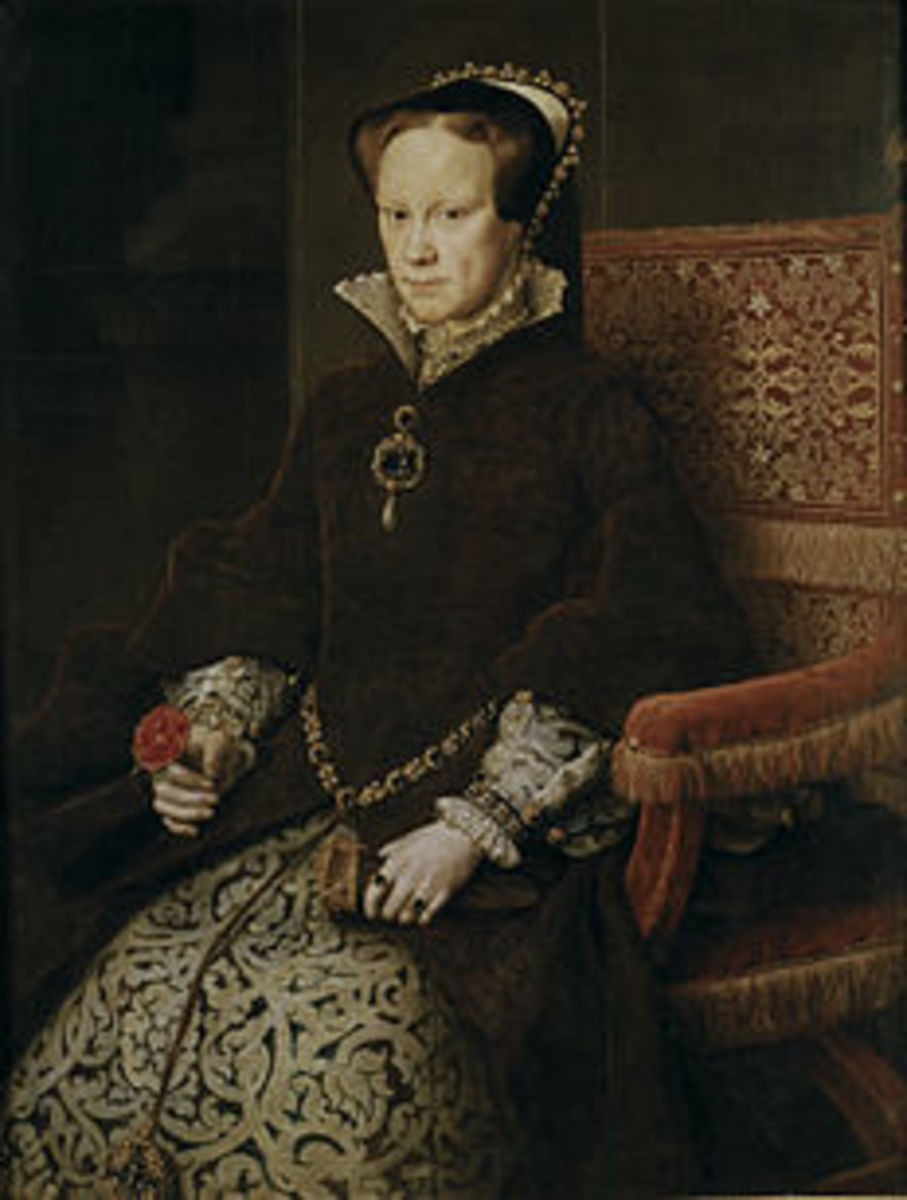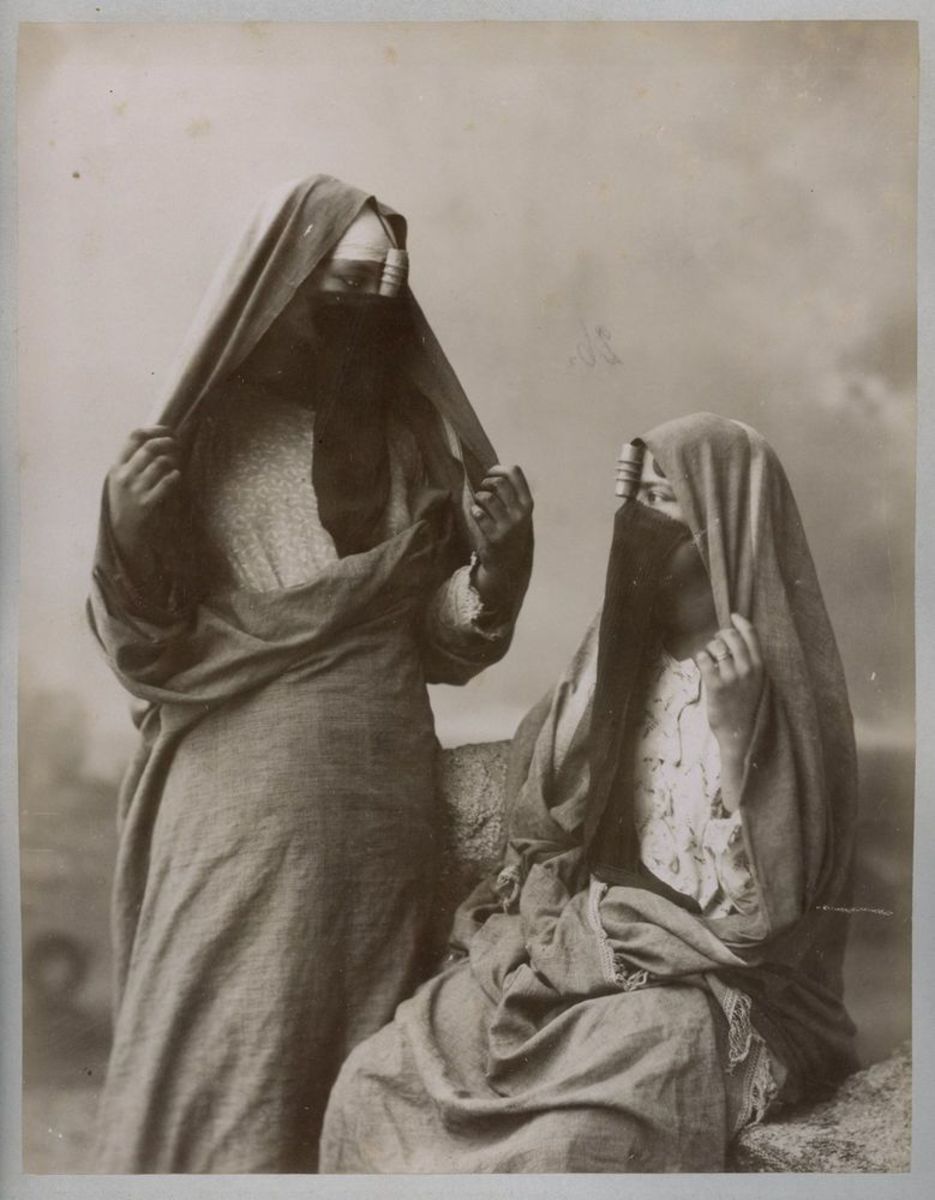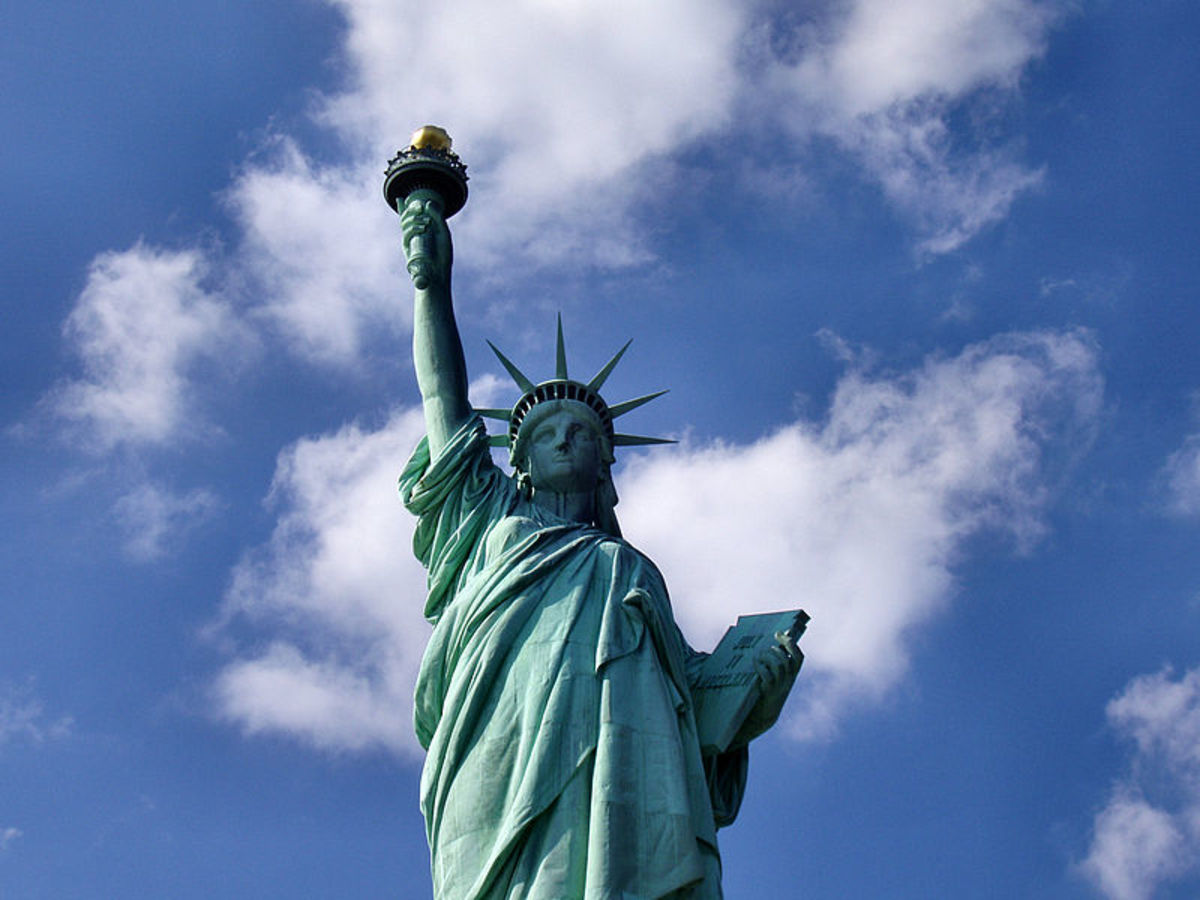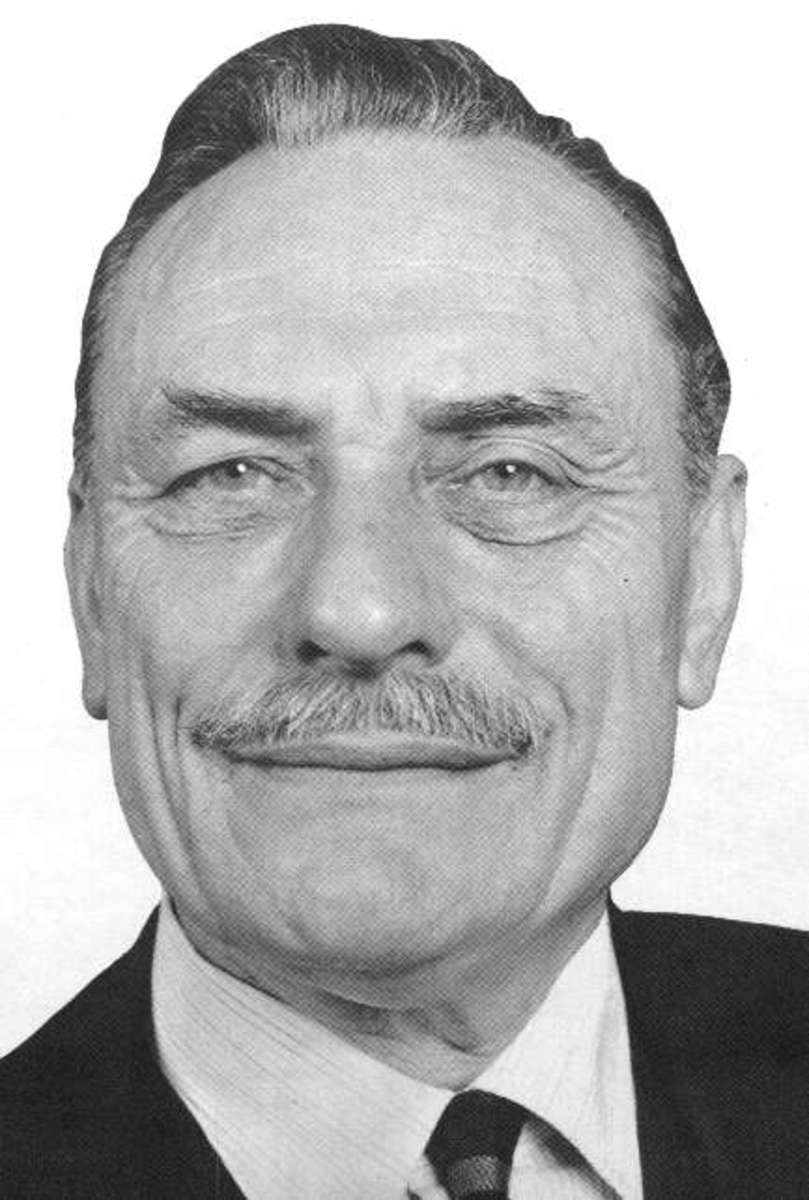Essay on Freedom
What Does Freedom Mean to You?
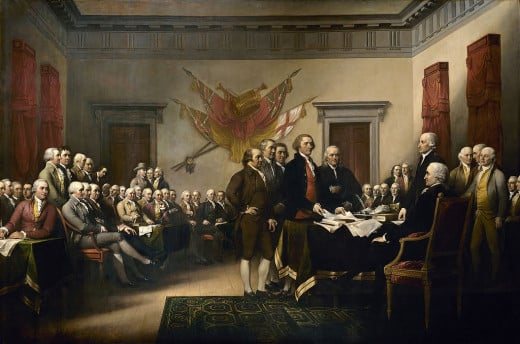
A Short Essay on Freedom
What exactly is freedom? Can you taste it, see it, or touch it? The answer to these questions is "no." However, if you start to reflect a bit, freedom can certainly be felt, if not by your hands then by your heart. The question then remains how to explain what freedom is.
One way to explain freedom is to look at the difference between children and adults. Children enjoy a certain kind of freedom that adults do not. This is because the adult understands the rules of society while the child does not. As children grow, however, he or she begins to understand the rules of society and take on the responsibilities. Activities that once seemed easy to engage in become more and more complicated as the child becomes more responsible and starts to internalize the rules of his or her society.
Take the activity of hunting, for example. A child who grows up hunting may not think of hunting as anything more than a fun activity. All the child needs to do is grab his or her things and they're ready to go. But the child's freedom to enjoy hunting is made possible by the adult, who has already made the necessary preparations: acquiring the license, checking the seasons, and any other rules or requirements that need to be followed. All the child sees is an exciting adventure, while the adult makes sure all rules pertaining to the activity are being obeyed.
Many further examples could be cited here that deal with the nature of a child's freedom. I heard stories from my father that seemed to embody the ideal of freedom. As a child in Utah, he would saddle his horse and disappear for weeks on end, without any thought or worry as to when he would come home. This may seem strange to some, but it was his way of life.
In nature, humans are born totally free, to do whatever they wish without any restrictions. Living peaceably in groups, however, necessarily places restrictions upon people.
Communities place restrictions on activities to maintain some sort of control and avoid chaos. Restrictions vary depending on the activity and the nature of the community. For example, in the past, off-road vehicles required no special license, whereas today they do. The thinking behind the licensing requirement is to limit environmental degradation and to restrict traffic in protected areas. In some areas, even walking is restricted to preserve fragile ecosystems, which would have struck previous generations as completely silly.
One major difference between the modern generations and previous ones is advanced technology, which brings with it a lot of inconvenience. With new technologies come more and more government intervention. How we communicate (texting), how we listen to music (noise pollution), how we sit in our cars (seat belts), and how we seat others in our cars (baby seats) are now all subject to regulation. While these rules may make sense to some, to others they seem an invasion of personal liberties.
Technology has also allowed government to violate our privacy and liberty in ways unimaginable to previous generations. For instance, governments can now use DNA databases to keep track of our innermost genetic information. What government has the right to collect and examine the body fluid of any individual? The right to control our own bodies and products thereof seems fundamental, yet no one objects to surrendering that fundamental right to a government hell-bent on controlling every aspect of our lives. Where in the Constitution does it say that a license is required to engage in an activity? This can ONLY happen with the consent of the people governed!
Freedom cannot be taken from the citizens in a democratic society, such as ours. However, it seems activities can be regulated and over-regulated to the point that individuals feel impinged upon. That's not to say there aren't good rules. It may violate our natural instinct toward freedom to see a sign that reads, "No Trespassing, Keep Out." However, civilized people obey these types of rules because we recognize the right of property owners to prevent trespassing.
As the world's population grows, the limits we place on people's activities grows proportionally. But at what point will we draw the line and reclaim our natural right to freedom?
I began this essay by noting that some properties of freedom cannot be engaged with the senses. The body can certainly feel the locks and chains that modern life has imposed. I can remember a time when humans were not so regulated. Yet no matter the amount of government regulation, the child will still always feel the joy of catching the first fish, or exploring a protected wilderness. It will be sad for them when they too learn that life is not as free as they think it should be.


